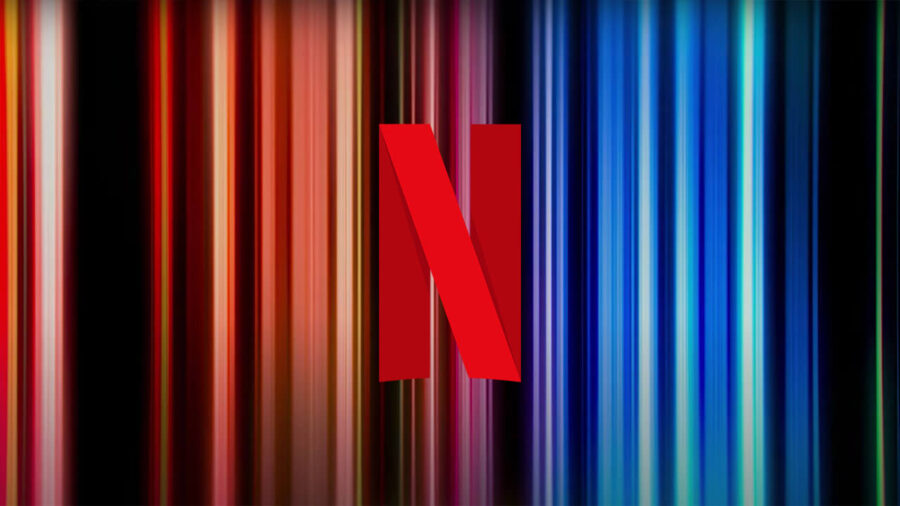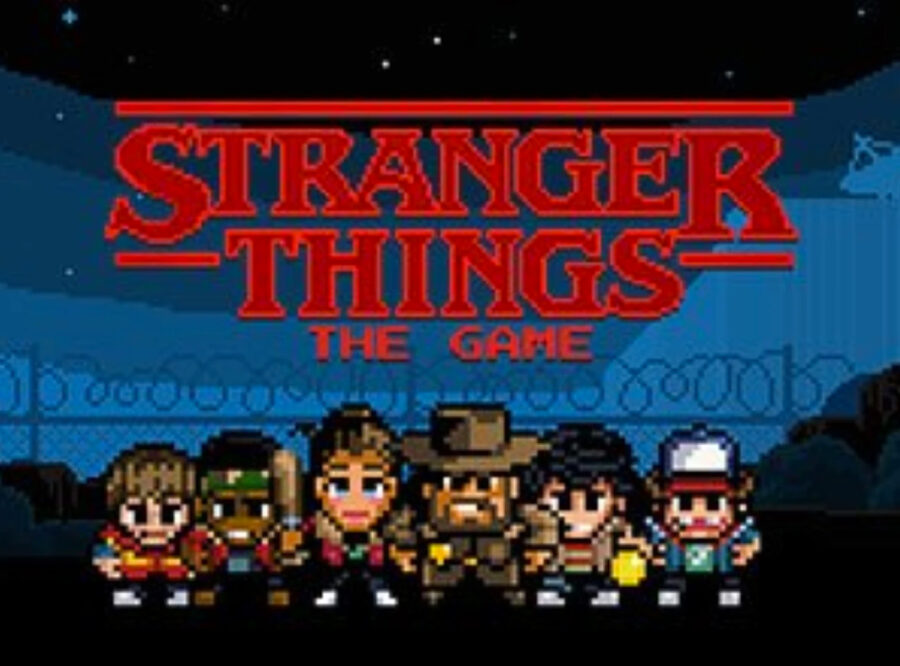Netflix Is Taking Over Video Games Next
Netflix has gone global, and now they’re openly venturing down the next frontier: video game development.
This article is more than 2 years old

Netflix has gone global, and now they’re openly venturing down the next frontier: video game development. The gears are already turning over at Netflix, confirms Deadline’s Peter White.
The meteoric success of Black Mirror: Bandersnatch, an hour-long interactive television special starring Dunkirk’s Fionn Whitehead, is patent proof streaming could eventually make the pivot to video games, crossing over with certain genres and serving as an equally enticing (not to mention effective) avenue for “choose your own adventure” titles. Such a revolutionary concept would allow consumers, both casual and diehard, to play video games in the comfort of their preferred streaming service, without the need of an independent console. If technology ever advances enough to elevate this theory into fully-fledged reality, gaming giants like Microsoft, Nintendo, and Sony would need to amp up their game if they want to keep up with an unlikely new competitor in the industry. Netflix founder and co-CEO Hastings asserts as much: “We’re kind of in gaming now with Bandersnatch and we have some very basic interactive things.”
Netflix’s COO and Chief Product Officer Greg Peters expounded on the idea: “We’re in the business of creating these amazing, deep universes and compelling characters and people come to love those universes and want to immerse themselves more deeply and get to know the characters better. We’re trying to figure out all of the different ways that we can increase those points of connection and deepen that fandom and certainly games is a really interesting component of that. Whether it’s gamifying some of the linear storytelling we’re doing like interactive with Bandersnatch and we’ll continue and we’ve actually launched games themselves as part of our licensing and merchandising effort and we’re happy with what we’ve seen. There’s no doubt that games are going to be an important form of entertainment and important modality to deepen that fan experience so we’re going to keep going.”
Netflix has already been experimenting on individual titles outside of Bandersnatch. The company collaborated with Texas game studio BonusXP in 2017 and released a tie-in video game to its hit series Stranger Things, entitled Stranger Things: The Game, on mobile. The game recorded over 3 million downloads in the first seven days, immediately warranting a sequel. Netflix is also working with Sony Interactive Entertainment on a Stranger Things VR game, exclusive to the PlayStation 4. CFO Spencer Neumann adds: “We’re a business that continues to learn and so far the learning has been good so we’re happy how it’s played and out and hopefully we’ll continue to learn.”

Augmenting the app’s current features — by branching out into gaming, no less — is certainly lucrative, but Hastings assures the industry the upgrade is still many years in the works. The idea remains largely experimental, with no concrete plans in place. Netflix is hardly in the business of creating consoles either, and doesn’t intend to anytime soon. He clarifies: “We do want to expand. We’ve got a lot to do in terms of different types of entertainment. I don’t think there will be a second act, in the sense of AWS and Amazon Shopping, I’ll bet we end up with one, hopefully gigantic, very defensible profit pool and then continue to improve the service for our members, by expanding in category. I wouldn’t look for any large secondary pool of profits.”
Capitalism as a corporate undertaking follows a moderately open-and-shut business model: provide for consumers, maximize profits, and expand reach whenever and wherever possible. Standard microeconomics. The system is a closed circuit; it’s made to withstand inestimable levels of supply and demand, and is largely self-regulatory. After all, free-market capitalism relies heavily on the concept of equivalence — an unhindered flow of goods and an equitable, equal exchange. One of the greatest examples of a business gone wild (but in a good way) is Netflix.
When young entrepreneurs Reed Hastings and Marc Randolph first developed Netflix in 1997, they envisioned nothing more than a humble streaming service, featuring an expansive library of popular movies easily consumable with an online subscription. 24 years later, Netflix is a leading distributor of both indie and mainstream properties — one of the most influential in the world — servicing not just Hollywood, but also a wide variety of foreign filmmakers. With a net income of $2.761 billion as of 2020, Netflix is in the business of producing the next generation of streaming-exclusive films and TV shows. Now they may be producing the next generation of video games, too.













